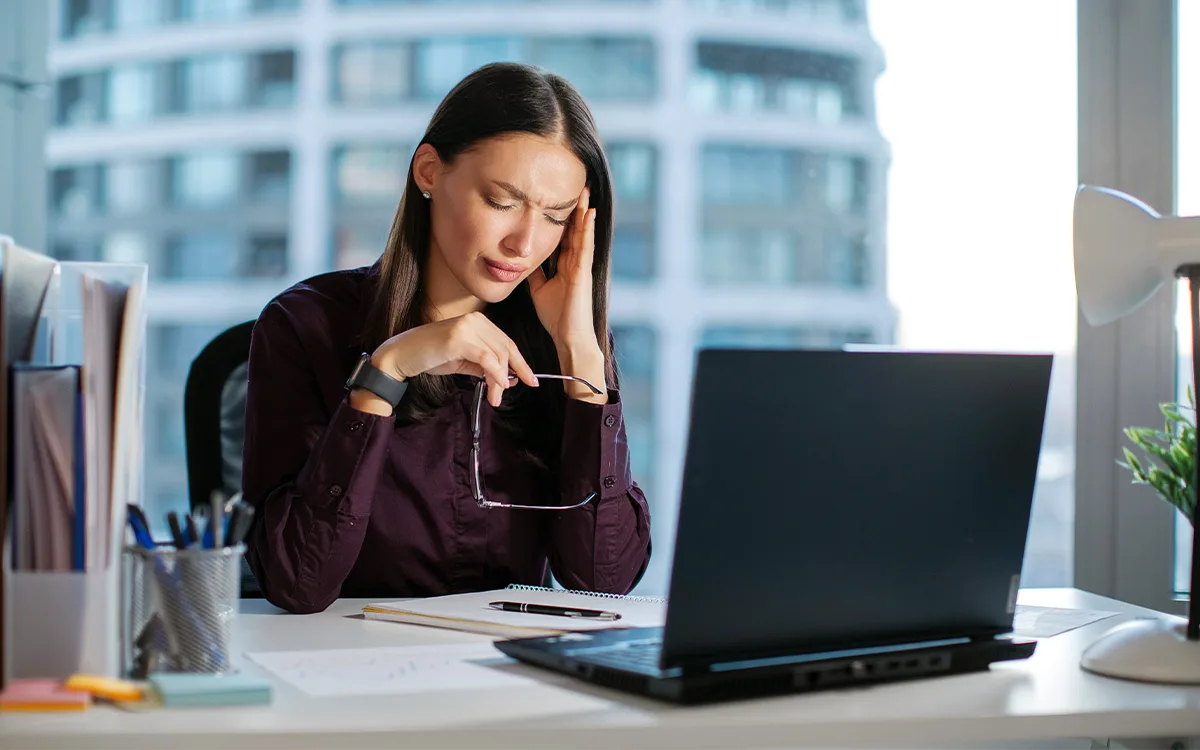Waking up groggy, dragging through the day, or needing more than one coffee to stay alert might seem normal—but it should not be. If you often feel tired for no clear reason, there could be more going on behind the scenes. Low energy levels can show up as difficulty concentrating, constant yawning, or just a general feeling of being “off.”
Many everyday habits can interfere with how your body restores energy. From how much sleep you get to what you eat, small changes can help maintain your overall health and energy balance. In this blog, we will break down the 9 reasons you have no energy, so you can start understanding what might be wearing you down.
- Poor Quality Sleep
Not getting enough quality sleep is one of the biggest reasons people feel fatigued during the day. Even if you are in bed for 7–8 hours, your sleep cycle might be broken due to stress, screen time before bed, or inconsistent sleep patterns. Waking up without feeling rested is a clear sign your body is not getting the deep sleep it needs.
Try sticking to a consistent sleep schedule, limiting phone use before bed, and creating a calm environment for a good night’s rest.
- Not Enough Hours of Sleep Each Night
Even when sleep quality is good, simply not getting enough hours of sleep each night can leave you drained. Most adults need at least 7 hours, but many fall short. Skipping sleep for work, entertainment, or due to insomnia can lead to poor focus, low motivation, and a lack of physical energy.
Prioritizing sleep is one of the simplest ways to help your energy return over time.
- Poor Diet and Too Many Processed Foods
Your body gets energy from food—so what you eat matters. A poor diet, especially one loaded with processed foods, sugary snacks, and low-nutrient meals, can leave you feeling heavy and tired. These foods may cause energy spikes followed by sudden crashes.
Eating balanced meals with whole grains, healthy fats, and a variety of colorful fruits and vegetables can help support your energy levels naturally.
- Skipping Physical Activity
It may sound strange, but not moving enough can actually make you feel more tired. Regular physical activity helps your body manage energy better and keeps your mind clear. On the other hand, a sedentary lifestyle may lead to low stamina and poor energy flow.
Even light movement—like a daily walk—can help restore your natural rhythm and mental clarity.
- Stress and Mental Overload
When your mind is constantly busy, your body often feels the effects. Emotional stress, overthinking, or mental exhaustion can leave you drained, even if you slept well and ate right. These are often common symptoms that go unnoticed until burnout hits.
Daily quiet time, breathing exercises, or reducing mental clutter can help ease that constant tired feeling.
- Dehydration
Many people do not drink enough water throughout the day. Dehydration may not always show up as thirst—it can feel like low energy, headaches, or poor focus. Your body needs enough water to keep things moving, including the systems that support brain function and energy delivery.
Keep a water bottle nearby and sip throughout the day—even if you do not feel thirsty.
- Undiagnosed Health Condition
Sometimes, feeling tired all the time may be linked to an underlying health condition. If you are doing “everything right” but still feel fatigued, it may be worth checking in with a healthcare provider. Conditions like sleep apnea are more common than most realize and can seriously interrupt your rest without you even knowing it.
Listening to your body and seeking help when needed is always a smart move.
- Caffeine Overuse
A morning cup of coffee can help you feel alert—but too much caffeine throughout the day can mess with your sleep cycle and leave you jittery or more tired later. It might help you push through temporarily, but it can backfire when the energy crash hits.
Limit caffeine after mid-afternoon, and consider switching to non-caffeinated alternatives in the evening.
- Lack of Sunlight or Fresh Air
Spending too much time indoors—especially under artificial lighting—can confuse your body’s internal clock. Exposure to natural sunlight helps regulate your sleep-wake cycle and supports your mood and energy. Lack of sunlight can lead to sluggishness and feeling off-balance.
Try stepping outside each morning, even if it is only for a few minutes, to help your body stay in sync.
Conclusion
If you are wondering why your energy is always low, it is worth looking at your daily habits and lifestyle patterns. The truth is, it is not always one big thing, but a few small ones that build up. From getting better quality sleep and eating less processed food, to adding gentle physical activity or drinking more water—each change adds up.
Feeling tired all the time is not something you have to accept. With some attention to how you rest, move, eat, and manage stress, you can help your body feel more balanced and active again.
Checkout This Blog: Feeling Sleepy All Day? Try These 7 Simple Wake-Up Tricks

